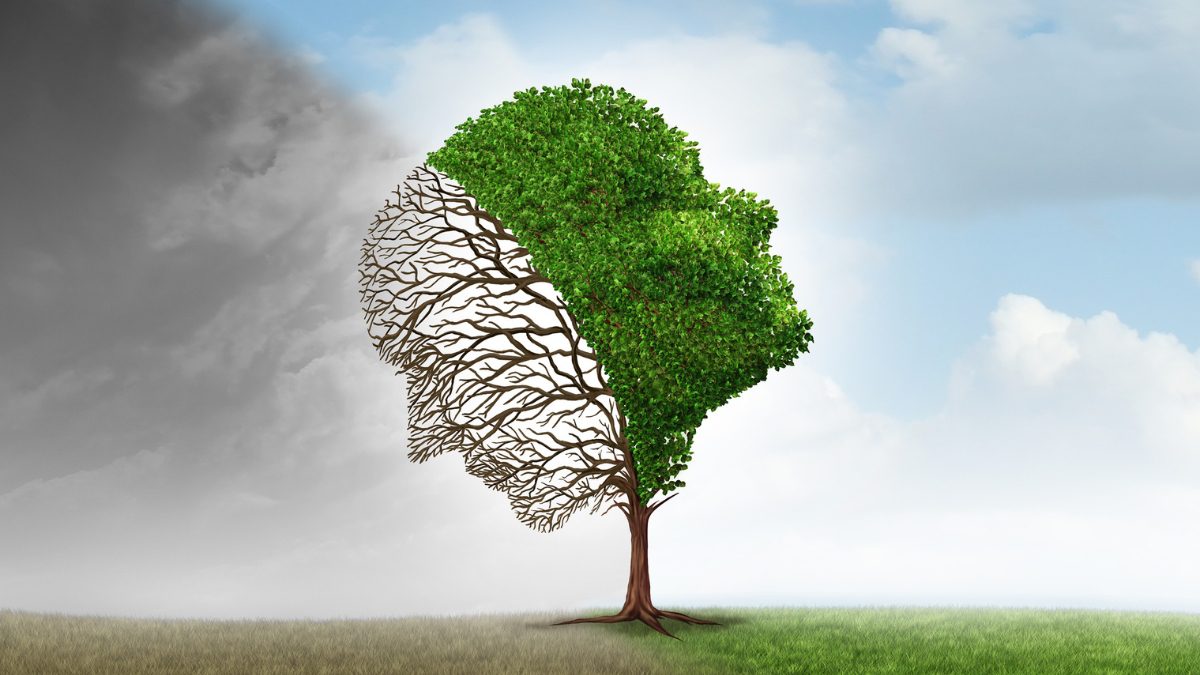Personal transformation is a topic that has intrigued philosophers, psychologists, and individuals alike for centuries. Can people truly change, or are they doomed to remain stuck in their ways? This question has been debated and discussed at length, with no clear answer in sight. Many believe that personal transformation is not only possible but essential for growth and self-improvement. It is believed that individuals have the power to change their thoughts, behaviors, and beliefs in order to become the best versions of themselves.
However, others argue that change is difficult and often requires a significant amount of effort, dedication, and self-awareness. Despite the challenges that come with personal transformation, many people have successfully changed their lives for the better through therapy, self-help strategies, and personal development practices. The key to personal transformation lies in the individual’s willingness to take responsibility for their actions and make conscious efforts to change. By exploring the possibility of personal transformation, individuals can unlock their full potential and create a life that is fulfilling and meaningful.

The Nature vs. Nurture Debate: How Much Can We Change?
The nature vs. nurture debate has been a longstanding discussion in the field of psychology and sociology. The question of how much of our behavior and personality is determined by our genetics (nature) versus our environment and upbringing (nurture) is a complex and multifaceted issue. While some argue that our genetic makeup plays a significant role in shaping who we are, others believe that our experiences and surroundings have a greater impact on our development. The truth likely lies somewhere in between, with both nature and nurture playing important roles in shaping our identities.
While we may not be able to completely change our genetic predispositions, we do have the power to influence and modify our behaviors and attitudes through our environment and experiences. By surrounding ourselves with positive influences, engaging in personal growth and self-improvement activities, and seeking therapy or counseling when needed, we can work towards changing aspects of ourselves that we may not be satisfied with. It is important to recognize that while our genetics may predispose us to certain traits or behaviors, we have the ability to adapt, learn, and grow throughout our lives. Ultimately, the nature vs. nurture debate highlights the complex interplay between our biology and our environment, and underscores the importance of both factors in shaping who we are and who we can become.
The Science of Change: What Neuroscience Says About Personal Growth
Personal growth is a complex process that involves changes in behavior, thoughts, and emotions. Neuroscience has shed light on the science behind these changes, revealing fascinating insights into how our brains adapt and evolve over time. One key concept in understanding personal growth is neuroplasticity, which refers to the brain’s ability to reorganize itself by forming new neural connections.
This means that our brains are constantly changing in response to our experiences, thoughts, and behaviors. By engaging in new activities, challenging ourselves, and learning new skills, we can actually rewire our brains to become more resilient and adaptable. Additionally, research has shown that consistent practice and repetition are crucial for creating lasting changes in the brain. This highlights the importance of patience and persistence in the personal growth process.

Another interesting finding from neuroscience is the role of emotions in shaping our behavior and decision-making. Our brains are wired to seek pleasure and avoid pain, which can sometimes hinder our growth if we are unwilling to step out of our comfort zones. By understanding how our brains process emotions and motivations, we can gain greater insight into our own patterns of behavior and make more intentional choices for personal growth. In conclusion, the science of change offers valuable insights into the mechanisms behind personal growth. By harnessing the power of neuroplasticity, practicing consistency, and understanding the role of emotions, we can cultivate a growth mindset and embark on a journey of transformation and self-improvement.
Breaking Old Habits: Strategies for Lasting Change
Breaking old habits can be a challenging task, but with the right strategies in place, lasting change is possible. One effective way to break old habits is to identify the triggers that lead to the behavior. By understanding what sets off the habit, individuals can take steps to avoid those triggers or develop alternative coping mechanisms. Another strategy for lasting change is to gradually replace the old habit with a new, healthier behavior. For example, if someone is trying to quit smoking, they could replace the habit of reaching for a cigarette with going for a walk or practicing deep breathing exercises. It is also important to set realistic goals and track progress along the way.
Celebrating small victories can help to build momentum and keep individuals motivated to continue making positive changes. Surrounding oneself with a supportive network of friends, family, or a therapist can also be instrumental in breaking old habits. Having a strong support system can provide encouragement and accountability during the process of change. Finally, practicing self-compassion and forgiveness is crucial when trying to break old habits. It is important to acknowledge that setbacks are a natural part of the process and to not be too hard on oneself when they occur. By implementing these strategies and staying committed to the process of change, individuals can successfully break old habits and create lasting positive change in their lives.

The Role of Environment: How External Factors Influence Personal Change
The environment plays a crucial role in shaping personal change. External factors such as family dynamics, cultural norms, social influences, and economic conditions all have a significant impact on an individual’s development and behavior. For example, growing up in a household with supportive and nurturing parents can lead to a strong sense of self-esteem and resilience, while a lack of parental guidance or exposure to domestic violence can have the opposite effect. Cultural norms also play a role in shaping personal change, as individuals may conform to societal expectations or rebel against them in order to assert their own identity.
Social influences, such as peer pressure and media portrayal, can also shape personal beliefs and behaviors. Economic conditions, such as poverty or wealth, can impact access to resources and opportunities, which in turn influence personal development. Overall, the environment in which an individual is raised and lives can have a profound impact on their beliefs, values, and choices. Understanding how external factors influence personal change can help individuals navigate challenges and make informed decisions about their own growth and development. By recognizing the role of the environment in shaping personal change, individuals can better understand themselves and the world around them.
